Economy
Swipe, Borrow, Repeat: Govt-Backed Rise of Finance Capital
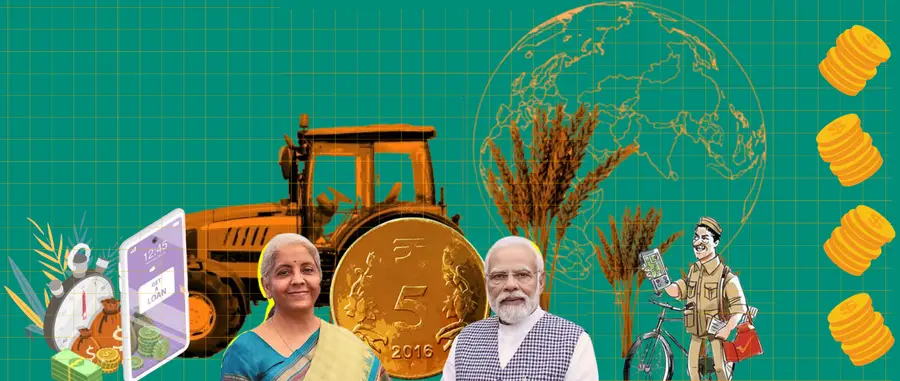
Anusha Paul
Published on Jun 07, 2025, 05:48 PM | 7 min read
In recent months, a series of financial moves by the government and major corporations have raised important questions about how money and power are being reorganized in India. Flipkart, the giant e-commerce company owned by Walmart, has been granted a licence by the Reserve Bank of India (RBI) to lend money directly to its customers and sellers. At the same time, control of India Post’s Payments Bank’s money lending and financial activities has been handed over to a private corporate group, the Aditya Birla Group. Meanwhile, the RBI has announced a record transfer of Rs. 2.69 lakh crore as surplus funds to the Union government for the financial year 2024-25.
On the surface, these developments might seem like separate events—business decisions, banking reforms, and budgetary matters. But when viewed together, they reveal a deeper transformation in India’s economic landscape. This transformation centers on what is called “finance capital”—a system where large corporations, backed by global investors, control not just trade and production but also money, credit, and the financial lives of everyday people.
Flipkart's recent licence to operate as a non-banking financial company (NBFC) is a significant step. Until now, when a customer or seller on Flipkart wanted credit—whether to buy products or to grow their business—the company partnered with banks such as Axis Bank or IDFC Bank to provide these loans. Flipkart acted mainly as a platform connecting buyers and sellers with financial institutions.
Now, Flipkart can directly lend money itself. This means it will have full control over the lending process, from deciding who gets a loan to collecting repayments. This change has immediate benefits for consumers and sellers. It can make loans more accessible, speed up approvals, and allow flexible payment options such as “Buy Now, Pay Later” schemes. For sellers, especially small businesses, easier access to working capital loans could support growth.
However, this convenience comes with hidden risks. When a company like Flipkart lends money directly, it also becomes a data collector and credit evaluator. Instead of relying on traditional measures such as income verification or credit history, lending decisions might be based on how much and how often a person shops or browses on the platform. The company’s algorithms analyse consumer behaviour to decide who is creditworthy.
Sudip Dutta, Secretary of the Centre of Indian Trade Unions (CITU), describes this development as a clear signal welcoming finance capital into everyday life: “These steps are clearly designed to roll out the red carpet for finance capital, embedding debt deeply into the lives of workers and consumers.” In other words, lending isn’t just about facilitating purchases anymore—it’s about creating a steady stream of debt repayment that benefits corporate finance.
This raises concerns about how many low-income consumers and small sellers might get caught in cycles of debt. When loans are tied to shopping behaviour and repayment pressures, missing payments can mean penalties, loss of credit access, and financial insecurity. The debt burden may grow quietly but steadily, tied closely to the platforms people rely on for daily needs.
For decades, India Post has been one of the most trusted public institutions in rural India. Its Payments Bank arm was created to offer simple banking services—such as savings accounts, money transfers, and small loans—to millions of people in villages and under-served regions where commercial banks rarely reach.
This public service has been critical in ensuring financial inclusion, helping people save money safely, send remittances, and access basic banking without travelling far or paying high fees.
Recently, however, financial control of India Post Payments Bank was transferred to the Aditya Birla Group, a private corporate giant. This handover marks a shift in the government’s approach—from managing public financial services to encouraging private corporate control.
Proponents argue that privatisation brings efficiency, innovation, and investment. But when essential banking services become profit-driven, rural and low-income users may suffer. Private companies focus on more profitable urban or wealthy customers, close less profitable branches, or raise fees, reducing access and affordability for vulnerable populations.
The privatisation of India Post Payments Bank fits into the larger story of finance capital’s rise, where public institutions are steadily replaced or controlled by private finance interests. This change risks leaving millions without affordable banking services or pushing them toward costly alternatives.
Perhaps the most visible sign of this financial shift is the Reserve Bank of India’s recent decision to transfer a record Rs. 2.69 lakh crore as surplus funds to the Union government for 2024-25. This amount is 27% higher than the Rs. 2.11 lakh crore transferred the previous year.
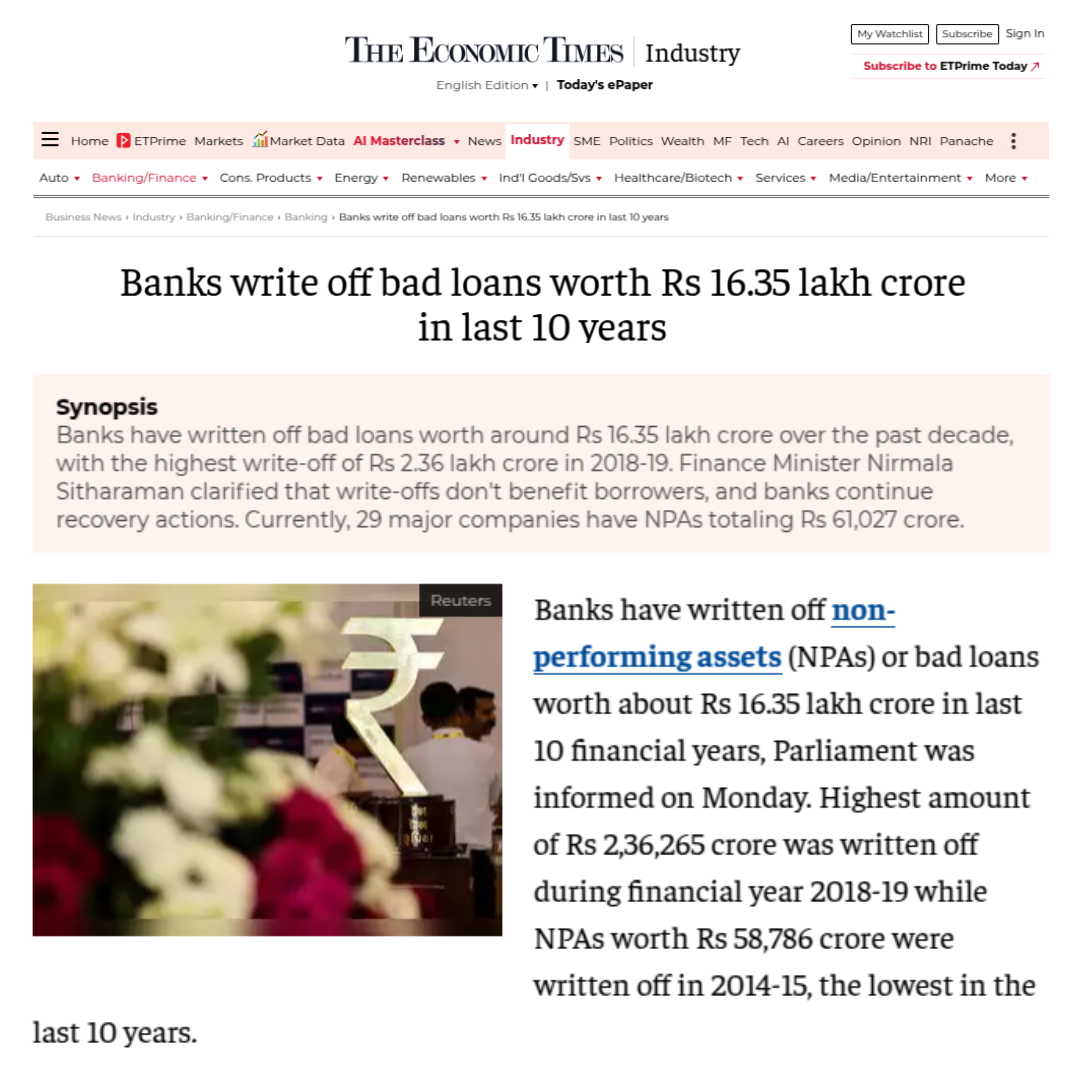
The RBI earns surplus money mainly through interest on government bonds and returns on its investments. Traditionally, the RBI’s surplus has been used to support public institutions, welfare programs, agriculture, rural development, and financial stability.
Yet, despite urgent calls from organisations like the All India Nabard Employees Association (AINBEA), the government and RBI rejected requests to allocate part of this surplus to NABARD—the National Bank for Agriculture and Rural Development. NABARD plays a vital role in providing affordable loans to farmers and rural workers through cooperative and regional rural banks. More funds here could have helped lower the interest burden on millions of small farmers facing debt crises.
Vijoo Krishnan, General Secretary of the All India Kisan Sabha (AIKS), highlighted the unequal priorities: “While corporate debts worth over Rs. 16 lakh crore have been waived in recent years, farmers continue to drown in debt. Rejecting support for NABARD and rural programs while handing over massive funds to the government highlights whose interests are truly prioritised.”
Related News
At the same time, the Mahatma Gandhi National Rural Employment Guarantee Scheme (MGNREGS), a government program providing guaranteed rural work and income, remains chronically underfunded. The 2025-26 budget allocated just Rs. 86,000 crore to MGNREGS, allowing only about 45 days of work on average—less than half the 100 days guaranteed by law. Redirecting more surplus funds to MGNREGS could raise wages and extend employment, providing a much-needed lifeline to millions in rural India.
Together, these changes form part of a larger transformation in India’s economy. Finance capital is no longer just about selling goods or services—it increasingly controls how people borrow, repay loans, and even how their financial data is used.
When companies like Flipkart become lenders, their interest lies in creating continuous streams of repayments, making borrowers dependent on the platform’s credit. This creates a new kind of control over people’s lives, beyond wages and employment. Many become trapped in cycles of debt, where future earnings are dedicated to repay loans, and financial penalties compound economic insecurity.
Meanwhile, public institutions and programs that could protect farmers, workers, and rural communities are starved of funds. As wealth and power concentrate in the hands of a few large corporations and investors, inequality deepens.
India stands at a crossroads. The rise of finance capital—where a handful of large corporations control not only what we buy but also how we pay and live—raises profound questions about democracy, justice, and economic fairness.
Flipkart’s lending licence, the privatisation of India Post Payments Bank, and the RBI’s record surplus transfer are connected pieces of this evolving puzzle. They reflect a financial system that moves wealth upwards and leaves many vulnerable people to struggle under debt and underfunded public support.
But this future is not fixed. It depends on the choices made by the government, corporations, and the people themselves. On July 9, 2025, workers and farmers across India plan to hold a general strike to demand fair wages, stronger social protections, and an end to policies that favour big corporations over ordinary people.




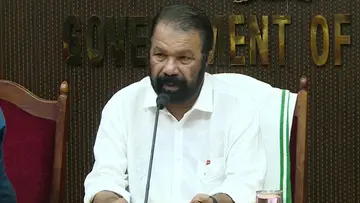
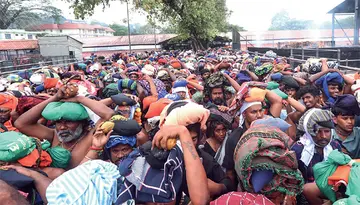


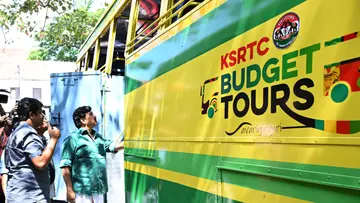

0 comments